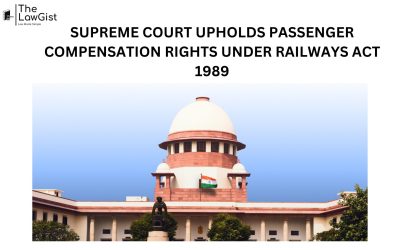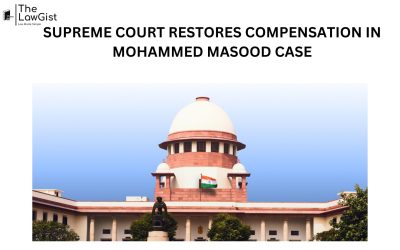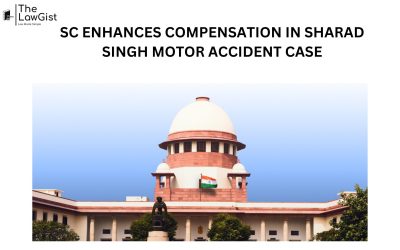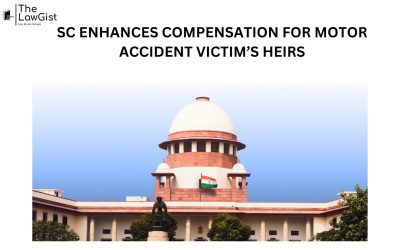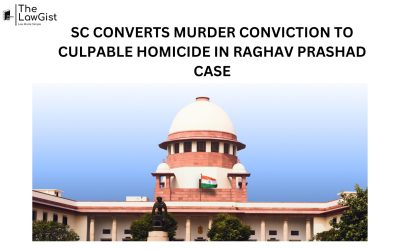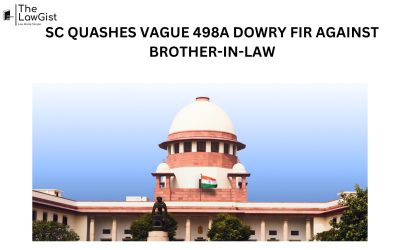
| Case Title | A. B. Govardhan vs. P. Ragothaman |
| Introduction | The case states a dispute over a loan secured by a mortgage and subsequent agreements related to property security. The Supreme Court analysed whether a valid mortgage was created and addresses the legal missteps in previous rulings. |
| Factual Background | The appellant advanced a loan of ₹10 lakhs to the respondent in 1995. The loan was secured through two mortgages and four promissory notes. Disputes arose over repayment, leading to various panchayats and an agreement in 2000, which is important issue to the case. |
| Legal Issues |
|
| Applicable Law |
|
| Analysis | The Supreme Court analysed whether the agreement constituted a valid mortgage under Section 58(f) of the Transfer of Property Act. The Court noted that the Division Bench failed to properly consider the legal provisions and the factual matrix, leading to an erroneous conclusion. |
| Conclusion | The Supreme Court set aside the previous orders, restored the Single Judge’s judgment with modifications, and imposed costs on the appellant. The interest rate was reduced from 36% to 12% per annum. |
| Current Scenario | The appeals were allowed, and the judgment of the Single Judge was reinstated with modifications. The appellant was ordered to pay costs and the case was concluded. |
Case Summary – The Supreme Court of India states about the dispute over a loan secured by a mortgage, wherein the appellant claimed a valid mortgage was created through the deposit of title deeds. The respondent contested the validity of the mortgage and the claims. The Court found that the lower courts erred in their analysis, particularly the Division Bench, which failed to properly consider Section 58(f) of the Transfer of Property Act. The Supreme Court set aside the previous orders, restored the Single Judge’s decision, reduced the interest rate, and imposed costs on the appellant.
SOURCE – SUPREME COURT OF INDIA
READ ALSO – LOCUS STANDI AND MAINTAINABILITY OF DOWRY-RELATED CHARGES


